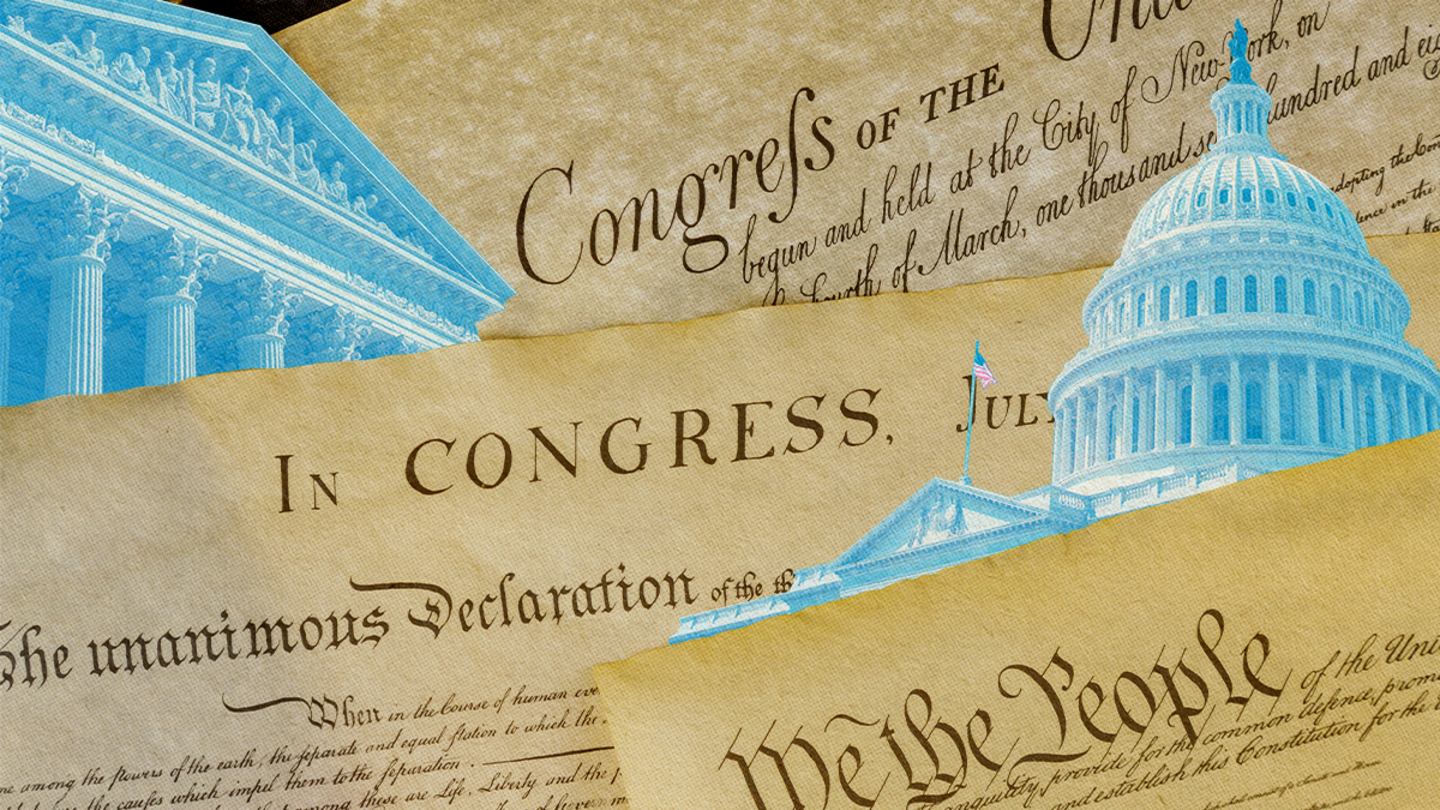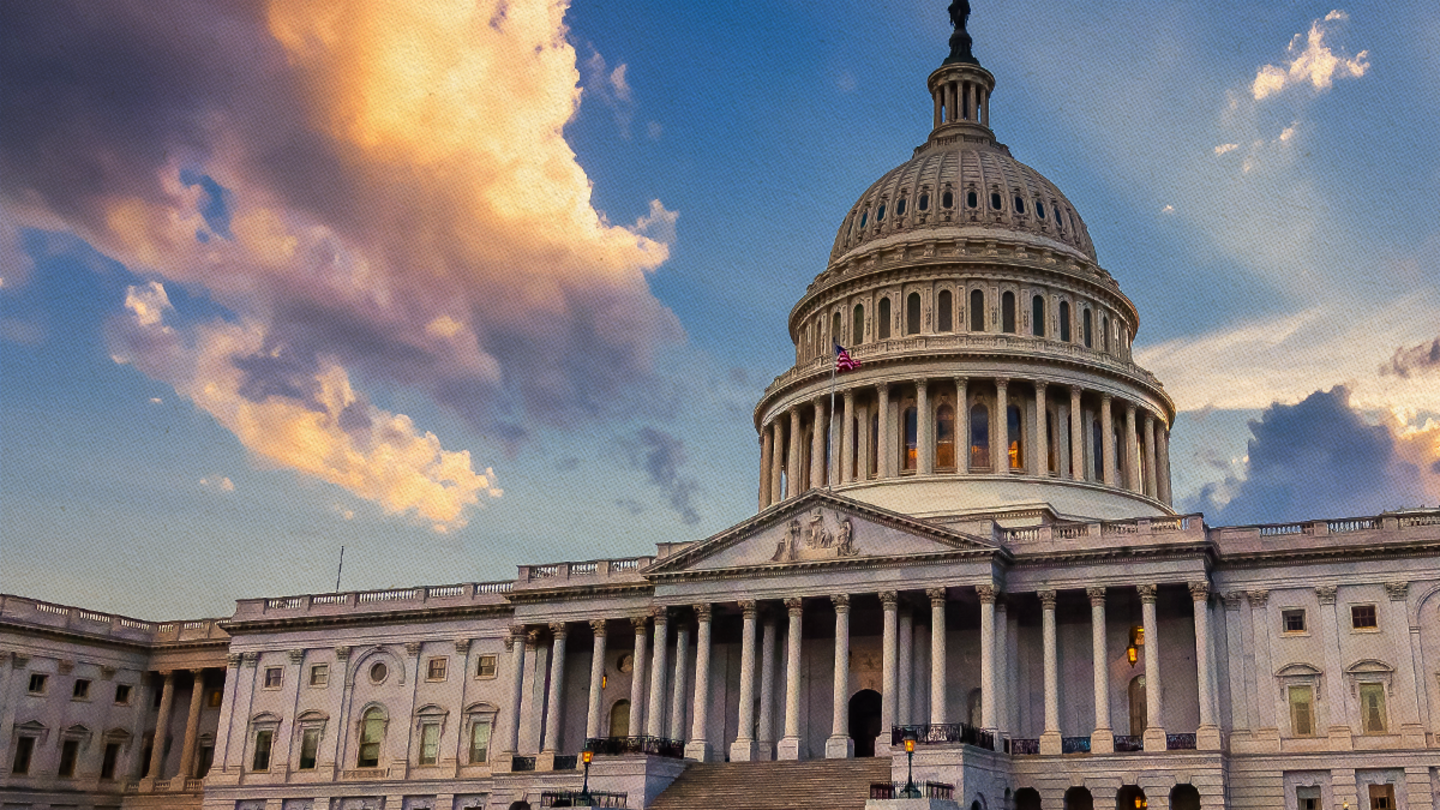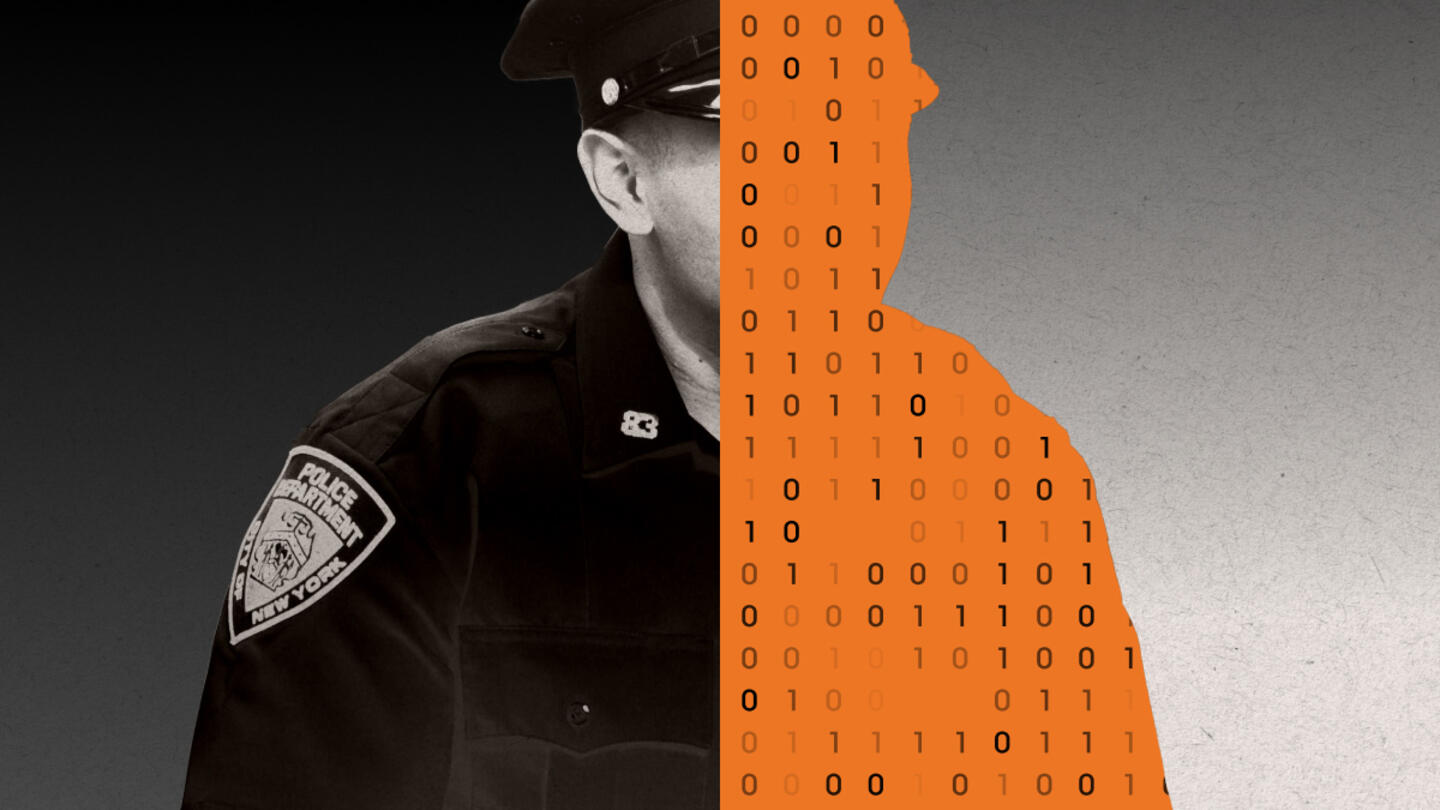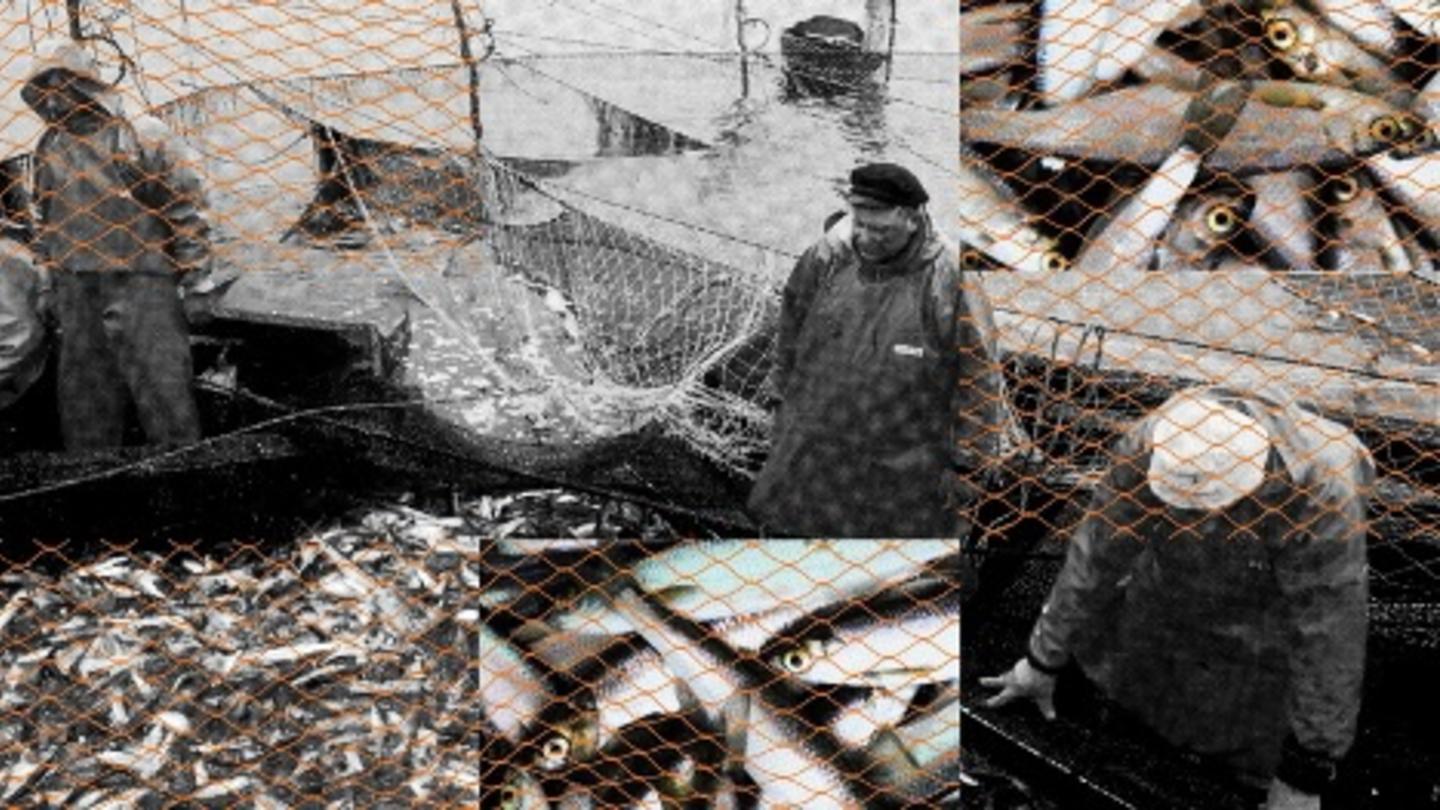Stefan Axelsson feels the heavy weight of his family's legacy, the work of three generations of herring fishermen on the Atlantic Ocean. Today, he is celebrating a landmark Supreme Court decision that blocks the federal government from unlawfully forcing that legacy to end.
The case, Loper Bright Enterprises v. Raimondo, also has far-reaching implications for all Americans, particularly other fishermen like Axelsson, farmers, ranchers, and small business owners who lack the resources and wherewithal to challenge the federal government in court.
For the past 30 years, federal law has given the National Oceanic and Atmospheric Administration discretionary authority to require monitors on commercial fishing boats. But when the agency ran out of money to pay for at-sea monitors, in 2020 it tried to force fishermen to pay for their own monitors without any authorization from Congress.
The cost to fishermen like Axelsson: Over $700 per day for monitors to ride their boats and watch them fish. That can be more than some boat captains make on the same trip. And according to the government’s own estimates, the regulation may reduce the fishermen’s annual revenue by 20%.
“At first glance, this lawsuit could easily be mistaken for a simple dispute about payment. But at its heart, it was a fight over federal regulatory overreach that affects all of us,” said Casey Mattox, vice president of legal strategy at Stand Together.
“These fishermen are pushing back against the idea that unelected federal bureaucrats can claim the power of our elected members of Congress. It is Congress’s job to make our laws and it never imposed these burdens on these fishermen.”
Government agencies have had more power than they should
What happened to Axelsson and other fishermen isn’t unique. Millions of Americans who work to build a livelihood through small businesses are forced to grapple with federal regulations that have grown increasingly complex and costly in recent decades.
According to the Regulatory Studies Center at George Washington University, the Code of Federal Regulations has nearly doubled in size over the past four decades – from around 100,000 pages in 1980 to more than 180,000 pages as of 2021. A separate 2019 analysis by the Competitive Enterprise Institute of publicly available data from government, academia, and industry estimates federal regulations cost American businesses and workers $1.9 trillion, a burden that has only continued to grow.
“There’s a human face on this, and there are real costs,” said former U.S. Solicitor General Paul Clement, who represented the fishermen in their case before the Supreme Court. “The fishermen that are affected by this are small business people. They’re real people. They’re not getting rich by doing what they’re doing.”
In this case, Axelsson and the other fishermen know better than anyone the importance of protecting the ocean and wildlife — doing so sustains their livelihoods. They shouldn’t have to put their and their employees’ livelihoods at risk in order to support the cost of monitoring that they had no say in determining was necessary.
Sign up for the Stand Together newsletter and get stories, ideas, and advice from changemakers to help you tackle America’s biggest problems.
With legal assistance from Cause of Action Institute, a public interest law firm, Axelsson and other fishermen sued the government in 2020 in federal court because they wanted to protect their livelihoods and fishing businesses.
Their case, however, prompted the courts to examine the “Chevron deference,” which has enabled federal regulators to significantly expand their reach by making decisions without congressional approval, and removing voter accountability from unconstitutional lawmaking by federal bureaucrats.
The doctrine, created in 1984 by the Supreme Court in Chevron v. Natural Resources Defense Council, requires federal courts to defer to a federal agency’s “reasonable” interpretation of “ambiguous” federal law, including in cases where an agency argues Congress impliedly delegated regulatory authority. In practice, Chevron deference means the government almost always wins, and it leaves people like Axelsson with little to no recourse when illegal regulations threaten their livelihoods.
In a 35-page ruling by Chief Justice John Roberts, the Supreme Court rejected that doctrine. “The deference that Chevron requires of courts reviewing agency action cannot be squared with the [Administrative Procedure Act],” the federal law that governs the process by which federal agencies develop and issue regulations. “Chevron’s presumption is misguided because agencies have no special competence in resolving statutory ambiguities,” he went on say. “Courts do.”
Supreme Court ruling restores constitutional checks and balances
The decision in Loper Bright Enterprises v. Raimondo will likely have ripple effects, according to Clement, the former U.S. Solicitor General who represented the fishermen.
“The Court’s decision puts to rest an interpretive methodology that has seriously distorted how the political branches operate for far too long,” he said following the ruling. “Courts should ask what the law means, not whether it is ambiguous, and in close cases, the tie should go to the citizen, not the government. We are gratified that the Court restored the constitutionally mandated separation of powers.”
Now, regulatory agencies will be held accountable for following the letter of the law as written by elected representatives in Congress.
As for the fishermen of Cape May, they’ll continue to do what they have for generations.
“My grandfather was unloading fish at this dock. My father unloaded fish at this dock. Now I am myself,” said Axelsson. “One day I’d like my daughter to be able to unload fish here.”
***
Cause of Action Institute is supported by Stand Together Trust, which provides funding and strategic capabilities to innovators, scholars, and social entrepreneurs to develop new and better ways to tackle America’s biggest problems.
Learn more about Stand Together’s efforts to defend America’s constitutionally limited government, and explore ways you can partner with us.

A landmark Supreme Court decision is bringing a return to federalism.

How the Supreme Court decision affects Congress’ job.

What we think we know about other Americans’ views — and what we get very wrong.

How to maximize new innovations to keep communities safe.
